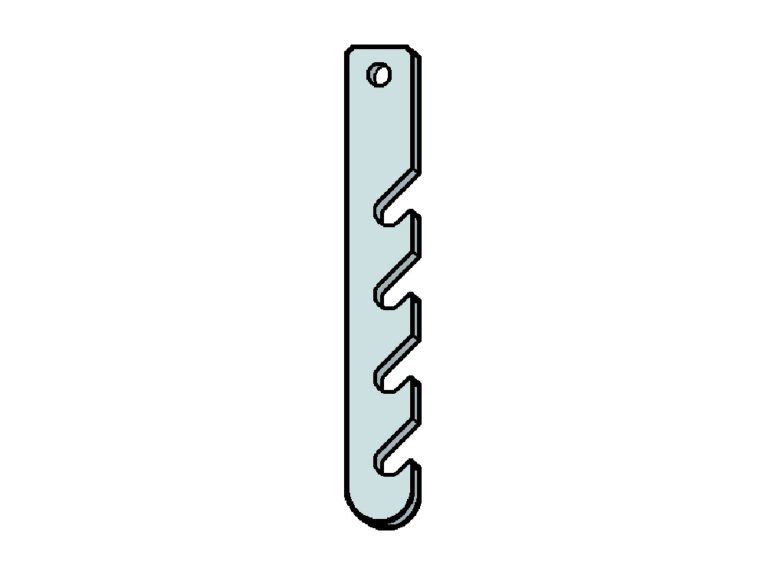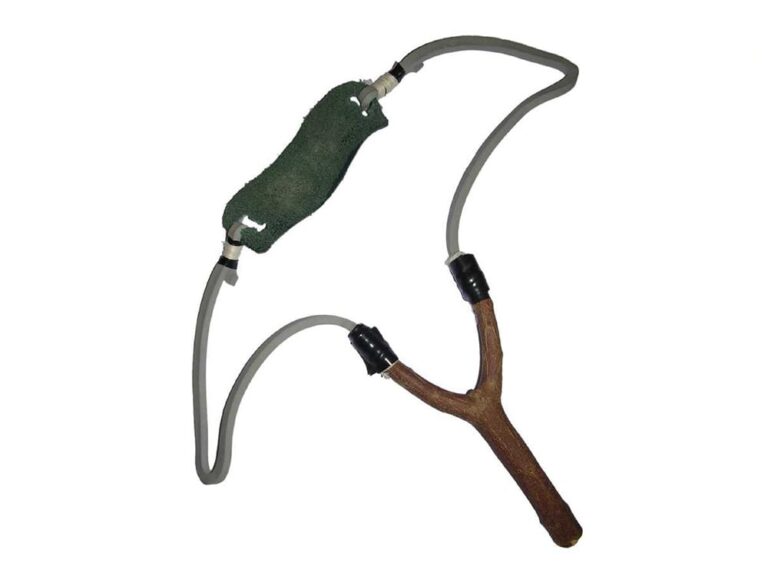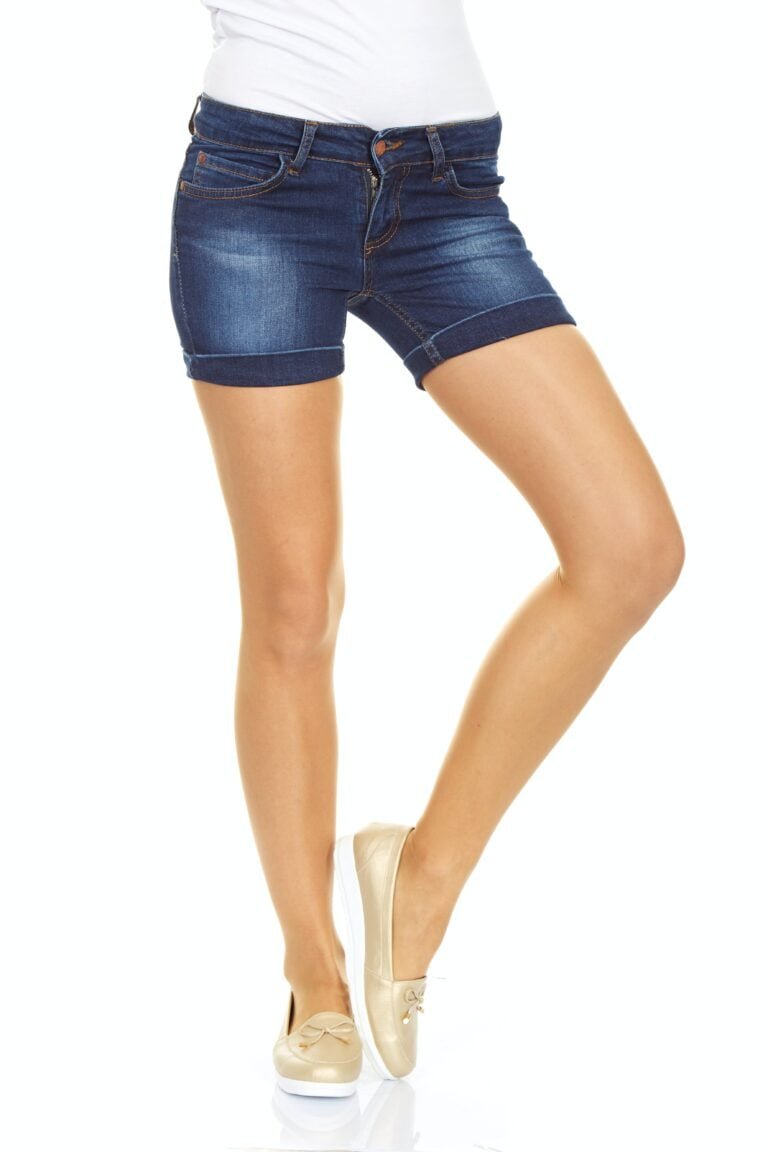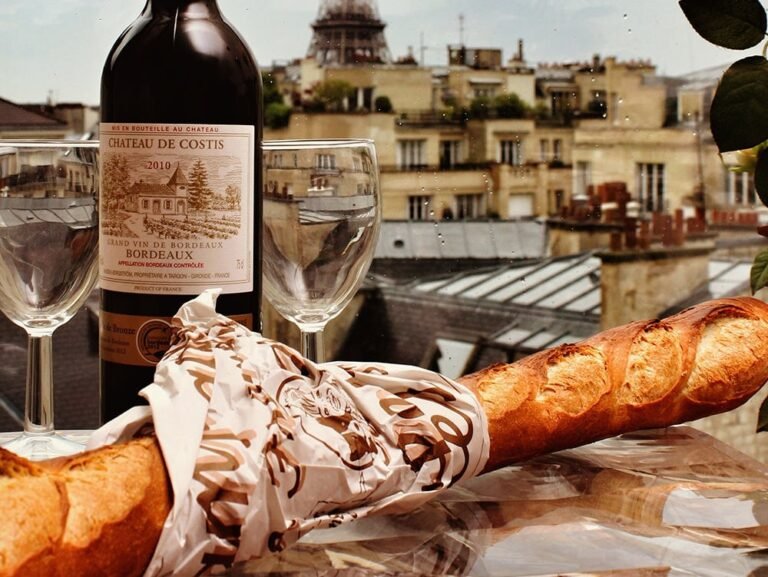Grammar: Verb Negation
Negation is a key element of French grammar, typically formed with ne (or n’ before a vowel) and a second negative word. In everyday speech, ne is often dropped, making the second word the sole marker of negation. 1. Ne…pas (Not) The most basic negation, used to negate verbs. Standard Form: Informal (Without ne): 2….









